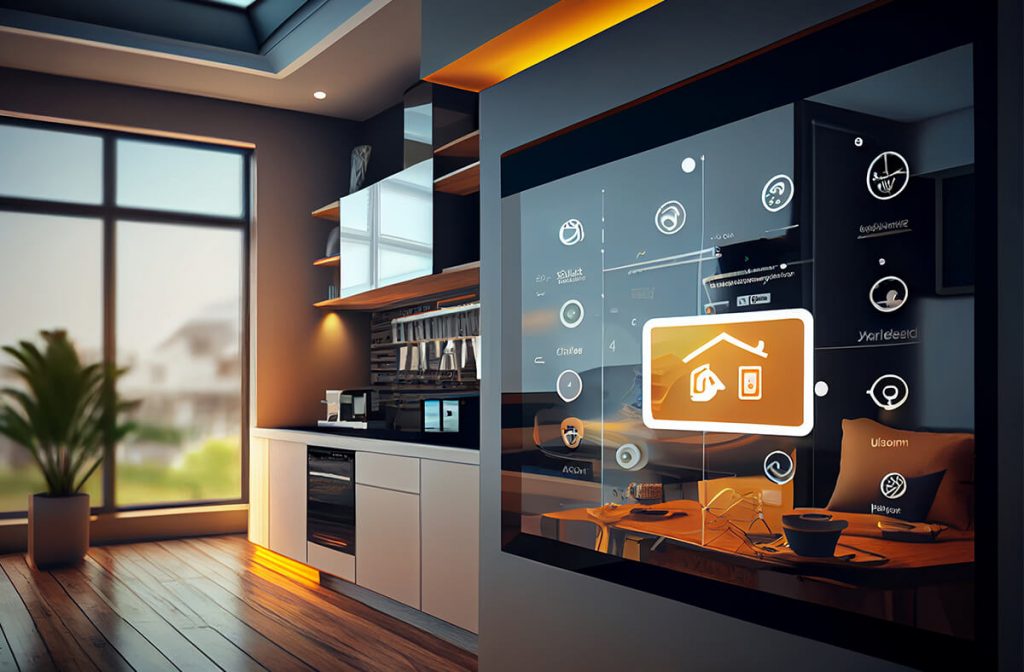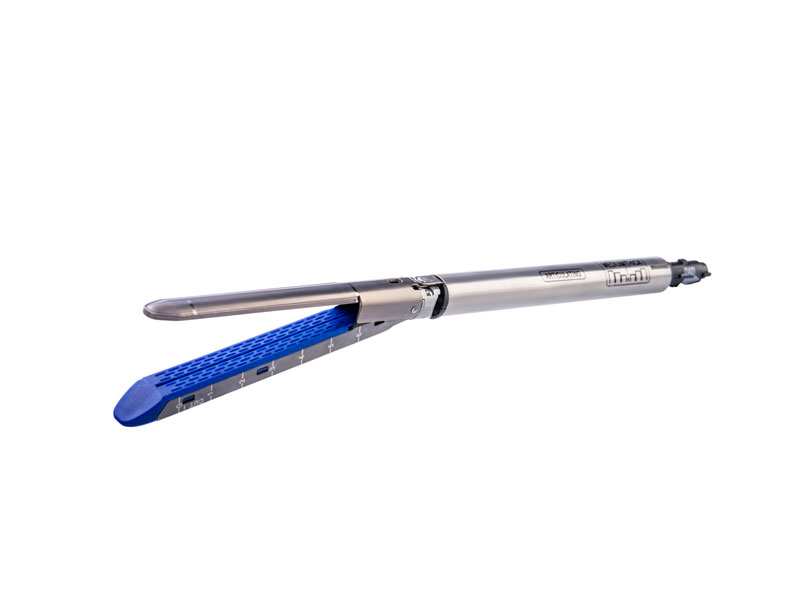
In today's rapidly advancing technological landscape, smart homes have become increasingly popular. These homes are equipped with various devices and systems that can be controlled remotely, offering convenience, efficiency, and enhanced security. At the heart of a smart home lies a central control unit known as a smart home hub. In this article, we will delve into the purpose of a smart home hub, exploring its functionalities and benefits.
- Centralized Control and Integration:
A smart home hub serves as the central command center, connecting and integrating various smart devices and systems within a home. It acts as a bridge, allowing seamless communication and coordination between different devices, such as smart lights, thermostats, security cameras, and more. By consolidating control, users can manage their entire smart home ecosystem from a single interface, simplifying daily routines and enhancing user experience. - Enhanced Automation and Convenience:
One of the primary purposes of a smart home hub is to enable automation and enhance convenience. With the hub's ability to communicate with multiple devices, users can create customized routines and schedules. For example, you can program your smart home hub to turn on the lights, adjust the thermostat, and play your favorite music as you arrive home. This level of automation not only saves time but also creates a personalized and comfortable living environment. - Improved Energy Efficiency:
Smart home hubs play a crucial role in optimizing energy consumption. By integrating with smart energy management systems, such as smart thermostats and energy monitoring devices, the hub can gather data and provide insights on energy usage patterns. This information empowers homeowners to make informed decisions, leading to more efficient energy consumption, reduced utility bills, and a smaller carbon footprint. - Enhanced Security and Safety:
Another vital purpose of a smart home hub is to enhance security and safety. By connecting with smart security devices like cameras, door locks, and motion sensors, the hub can provide real-time monitoring and alerts. It enables homeowners to remotely access and control their security systems, receive notifications about potential threats, and even integrate with emergency services if necessary. This level of connectivity and control brings peace of mind and ensures a secure living environment. - Future-Proofing and Scalability:
A smart home hub serves as a future-proof investment, allowing homeowners to adapt and expand their smart home ecosystem as new technologies emerge. With regular firmware updates and compatibility with various protocols, the hub ensures compatibility with a wide range of devices. This scalability enables homeowners to integrate new devices seamlessly, keeping their smart homes up to date and ready for future advancements.
Conclusion:
In conclusion, a smart home hub serves as the central nervous system of a smart home, enabling centralized control, automation, energy efficiency, security, and future scalability. By harnessing the power of connectivity, these hubs enhance convenience, streamline daily routines, and provide a personalized and secure living environment. Embracing the potential of smart home hubs opens up a world of possibilities, transforming houses into intelligent, responsive, and efficient homes of the future.


